One of the core tenets of FIRE is diversifying your financial investments through broad-based index funds. The idea is that while, sure, you might hit one out of the park by investing early in the latest tech darling—you also chance sitting on 166 years worth of max capital losses as reader Rob recently commented. Diversification is key to capturing the average. And for many of us, the average is plenty enough to afford the life we want.
But of course, real life is about a lot more than a couple of numbers balancing out in your bank account. I’d argue that the greatest indicator of success in your journey to FIRE and sustaining it afterward is in the quality of relationships in your life. Can we apply similar principles to these relationships to create diversity and spread risk—our own Social Index Fund?
The Social Index Fund
From my own experience, a fulfilling semiretired life depends more on external relationships than I ever expected. Your day job inspires more acquaintances, professional mentoring, and even friendships than you might guess. And once you’ve cut back on work, you’re also cutting a lot of the shared interest out that creates those relationships.
Work is often a key source of healthy relationships for many of us. Without intentionally creating opportunities to foster new relationships, removing work from your life will also certainly mean lowering the availability of relationships in it, too.
In the last corporate job I had, the final element that held me in the work was, surprisingly, the relationships I had with my coworkers.
Why I left my job
While I worked in a large higher ed institution, the team I worked with day-to-day was just nine folks. I really liked my boss, who treated me very much like someone to mentor. I still keep in touch with him, though we’ve naturally grown some distance in the last several years.
We all got along really well and had a variety of interests to bring to the table and share.
I recall one of the last events we had together, which I suppose was “team building” (but never felt forced), was at an apiary on a farm.
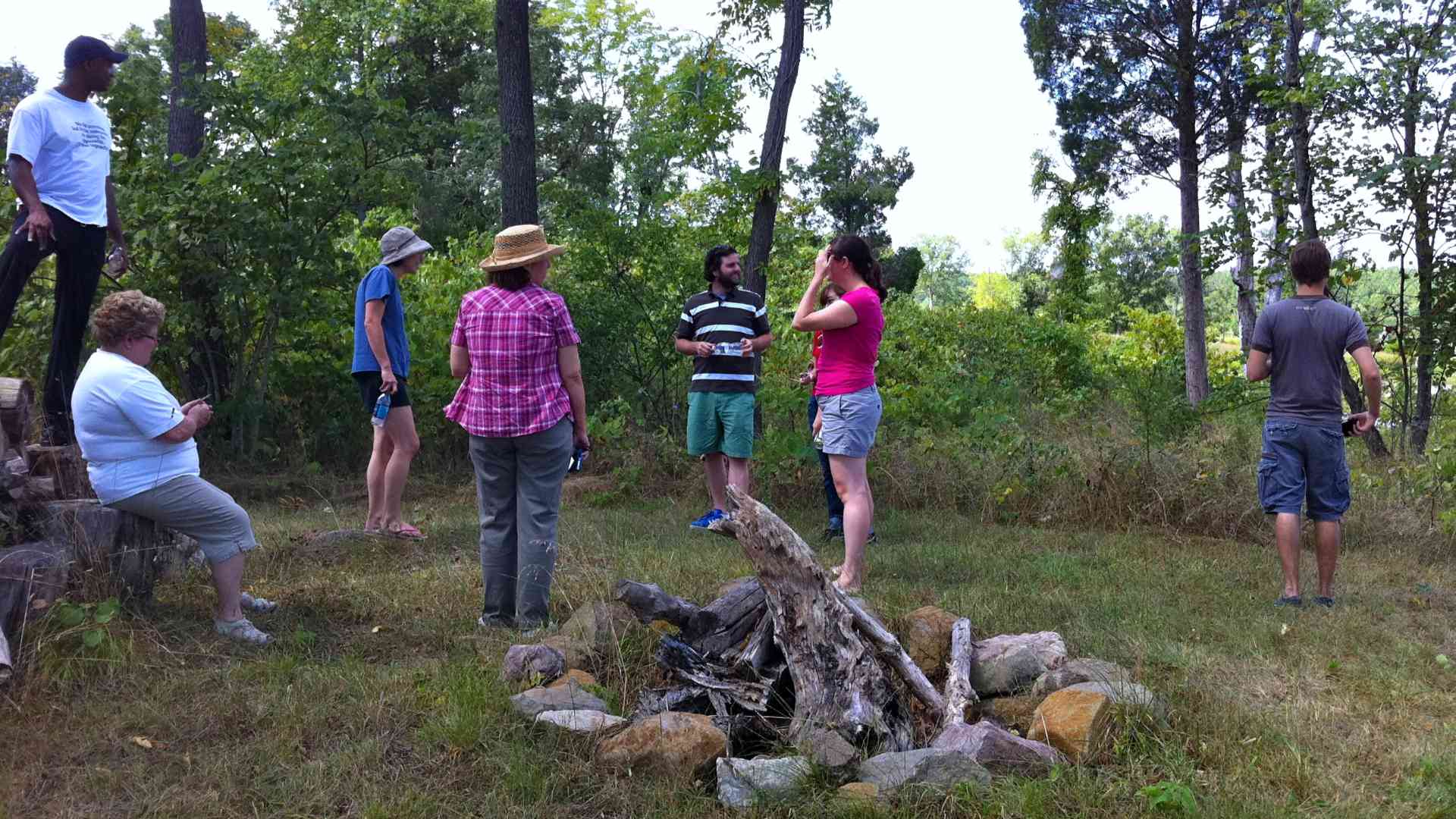
It was the people—the relationships I had—that really made that job enjoyable to me. In fact, I didn’t leave until my team was about to be broken up and absorbed into different parts of the organization. That was my trigger—not too much stress, too little money, or the desire for “freedom from” some sort of tyranny.
→ Curious about how that worked out? I told the tale of my reasoning behind quitting my last professional job in my recent generalist vs specialist article.
As time passed, we all grew more distant and those relationships fell away. A little hole was left in my life where once these people all existed.
Transactional relationships
But if these relationships with my old colleagues were real and genuine, why should they fall away? I think, for many, that’s just indicative of the nature of the relationships. It suggests they’re not “real”. That they’re transactional.
But is that necessarily so bad?
Yes, I wouldn’t have met these people in my day-to-day life without that job I took in higher ed after the first time I employed my FU money. And no, most of our relationships haven’t persisted outside of some ongoing projects together.
But does that really suggest there’s anything wrong or inauthentic with these relationships? Are they somehow less valuable?
I don’t think so.
Let’s make a deal
A relationship you have where both parties can communicate clear goals and desires from is easy to understand, generally stress-free, and mutually beneficial.
It’s like trade.
You want something from me that I have, and likewise, I want something from you that you have. If we can agree, on balance, what a fair transaction would be—we each walk away happy and create value.
It’s the basis of capitalism!
And just like with capitalism, you should be aware of the type of power that exists within the relationship. Don’t abuse power over others and don’t let dispirate power be used against you.
Part of having healthy and effective relationships with others is to know yourself; your own weaknesses and desires. Remember what your goal is for these relationships in your life, which I genuinely hope are altruistic, or at the very least—benefit both parties.
What about you and me?
In fact, I’d argue you that you and I have a transactional relationship. Yes you, dear reader, and me—the author of these words.
I’m here typing words out and trying to connect my ideas together to convey to you a point that, I hope, brings a little value to your life. Something novel. Something challenging.
I try to set expectations for what I share with you and how we interact.
As long as I meet those expectations, you’ll probably come back and read more. When things are just right and the stars align, you might feel compelled to leave a comment. Or send an email. Perhaps say hello on Twitter. If I really pique your interest, you might even want more and find yourself signing up for our newsletter!
In exchange, you expect to find me here posting a new article every week or so. And naturally it should fall in line with our ongoing conversation about the intersection between money and life.
If I don’t, you might find a new author to tickle that spot in your brain.
We both understand where our relationship is, and, in a small way, we each help each other be better than if we never [digitally] met.
There’s nothing wrong with any of that!
Build your community
For most of us, achieving financial independence also means cutting back on our career or even fully leaving it. And with that, our more transactional relationships found through work or professional affiliations will slowly fall away.
It might leave you feeling lonely.
But that’s precisely why we should be intentional with building a community of relationships to support ourselves.
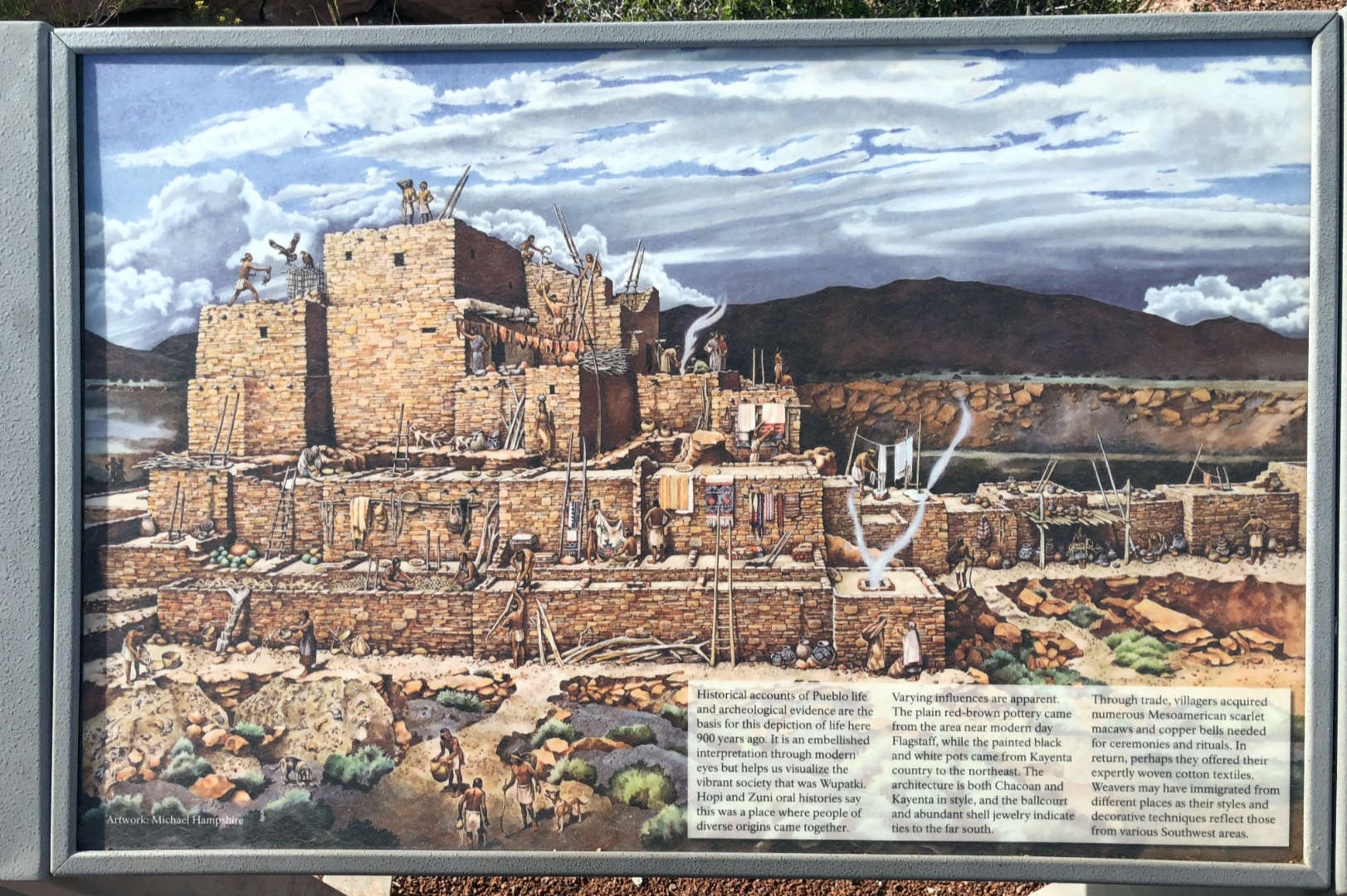
Finding your people
You had that guy you could catchup with about the latest in pop culture who worked in your neighboring department. That gal who explained what was going on with the latest political SNAFU who you ran into at the coffee maker each day. And that friend who you could vent to about your latest screwup.
You still need all those people in your life!
It’s just that you can’t easily find them amid your coworkers anymore.
Instead, you’ve got to go find them out in the world!
Look, I’ll be the first one to tell you that it’s uncomfortable to go out and network or mingle. Especially as an adult outside of work or school.
I’m about as introverted as they come (despite this blog!). It absolutely drains me to go to a community gathering and make small talk with my neighbors.
I don’t even have kids to fall back on as a shared interest with other parents!
It’s tough to meet new people.
But I’ve also discovered that adult relationships are some of my most supportive and genuine. And most of them have grown from what was “transactional”!
Mutually beneficial
Here’s some pointers for growing those transactional relationships into something more genuine:
- Make the effort to ensure the relationship is balanced, don’t take more than you give
- Poke and prod to find out if there’s some shared interest you have beyond whatever it is sparked the initial connection
- Be willing to give a little more initially in order to disarm the other person, especially if they’re of a higher “social standing” in whatever context you find yourself in (they’re likely used to people trying to get something from them)
- Be a real person—be you!—you get nothing out of creating a relationship with someone based upon a false version of yourself you’ve got to maintain, which leads me to…
- Seek opportunities for satisfaction, fulfillment, learning; this comes from being genuine—your goal isn’t to climb to the top of a corporate ladder anymore!
- Bonus: keep your ears open for opportunities to meet friends-of-friends when your current relationship keys in on something they think their friend is also interested in (yes, this is “networking” as they say…sigh)
And of course, even having the opportunity to develop these relationships means getting out in the world and being where people are!
Go to those community events, tagalong with friends when they invite you out, and stay open to injecting novelty into your life where it comes!
As a personal (and a bit meta) anecdote, I enjoy keeping up with my fellow money writers and have developed some professional-esque relationships with a handful.
For example, I really enjoy seeing Finanical Mechanic’s tales of living abroad because it’s a personal goal of my own. That led into a lovely interview with her on how FI has changed our lives.
My homeownership DIY skills are constantly tested with a place from the 1920s. I’ve always had an interest in 1500 Days to Freedom’s various home improvement projects and trying to suck some wisdom out of their remodels. Which will be sending me off to Colorado next week to see if I can lend a little labor while also learning a thing or three.
But these relationships didn’t just “happen”. They come from genuine interest and a mutually beneficial give and take between us.
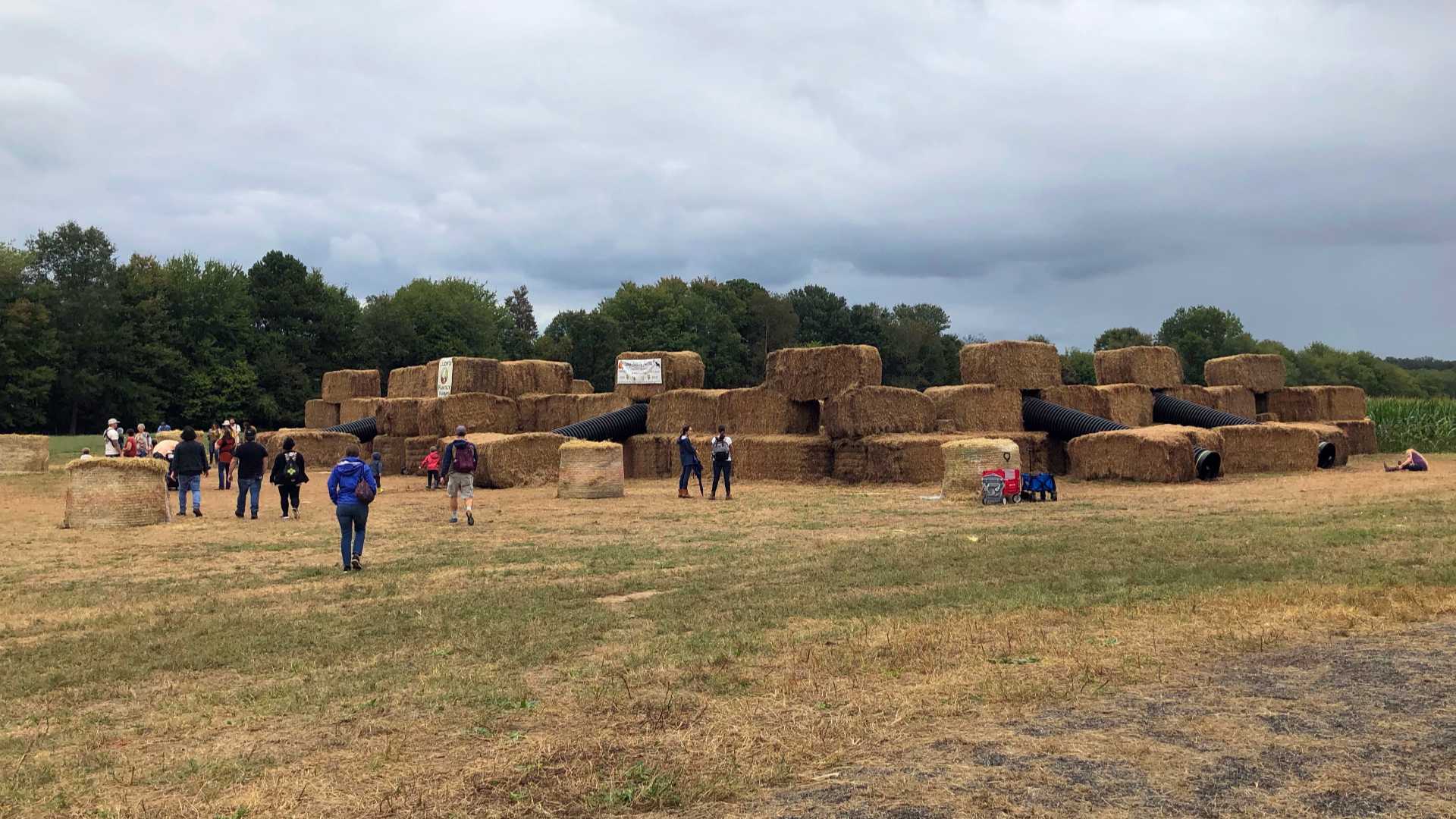
Resiliance Through Diversity
Diversify the relationships in your life as you head towards retirement. Realize that removing work means removing one of your most natural sources of friends, peers, and mentors. You need to be intentional about creating community in your life to support you as those curve balls come.
An index fund of diverse investments ameliorates the ups and downs of the stock market, a core tenet of FIRE. I believe that a “social index fund”—replete with relationships spread across your varied interests, responsibilities, and attachments—is key to weathering the ebb and flow of life all the same.
Don’t take it too far
This isn’t a recommendation to go all VTSAX on your social circle and try to friend everyone on the planet! Just think about how productive those 500+ Facebook friends or LinkedIn connections have been in your life.
Rather, it’s to consider finding and creating meaningful connections in your life spread across your interests, responsbilities, and skills.
It’s to have a diverse network of people you enjoy and trust to help you weather each storm that life sends barreling at you.
And it’s to be able to wring every drop of joy from each challenge overcome with people that really get what it means to you.
Some homework
I’ll have a follow-up (update: it’s live—how concentration vs diversification feed into relationship risk in your life) to this article before the end of the month which focuses on what’s likely your most important relationship and how FIRE affects it.
In the meantime, I’d like to assign a little homework in building your Social Index Fund.
- Do you have too many important relationships tied to one part of life (like having too much of your investment balance in a single industry)?
- Do you depend on a single person to be your social, emotional, and mental source (like going all in on an individual stock)?
- Where do you lack others to support your interests, make up for your weaknesses, and grow your strengths (time to rebalance)?
Take a moment to ponder how your Social Index Fund might stack up today. Where might adjustments need to be made to better diversify your relationships and create more resilience in your life?
I try to bring novel ideas that’ll challenge how you see money and life intersect. That doesn’t mean they’re always right, but let’s discuss!
How do you think a “social index fund” might help or hurt your life and sustain financial independence?
Leave a comment below!
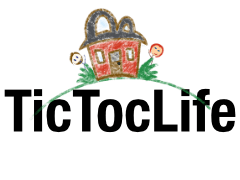
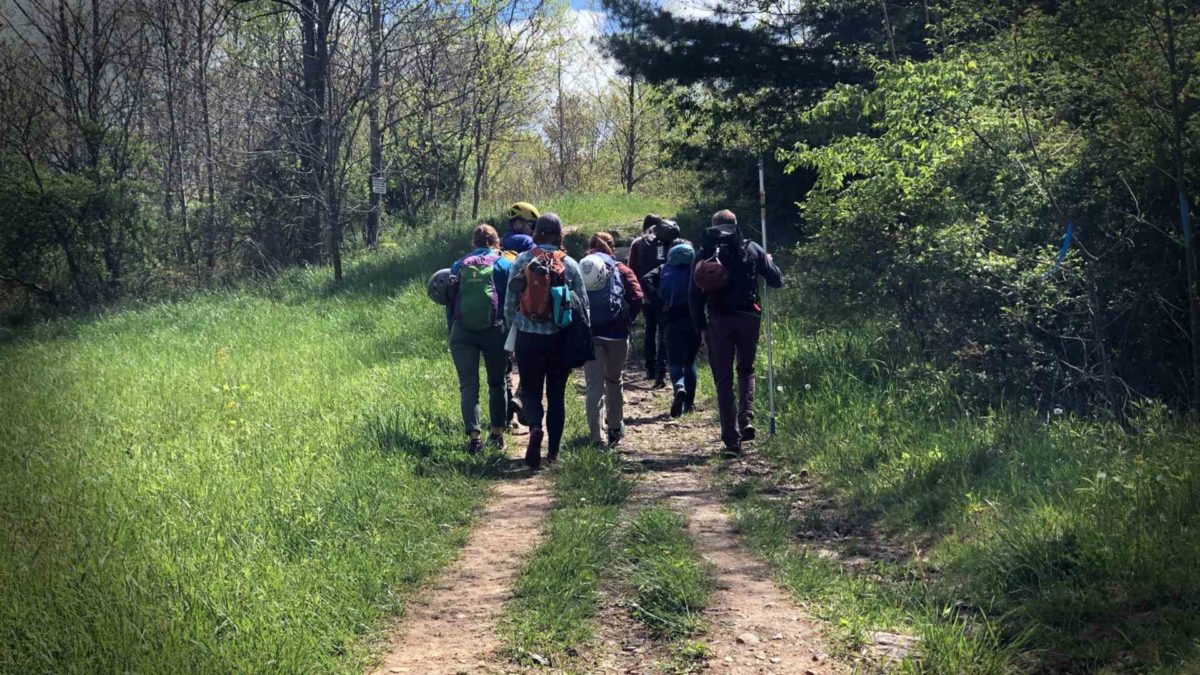
16 replies on “The Social Index Fund (a Moat To Protect and Grow Your FIRE)”
Oh wow, now I feel pressure to be a good holding in the social index fund! 🙂 Don’t expect $AAPL or $TSLA from me! I’m more of an $F!
I WILL do my best to increase the value in your fund though!
HA! I thought you’d enjoy that association. Hey, even Ford is up given a long enough time period. 😉 We’ll see if your bones start creaking—a sign of a real “blue chip”!
And I forgot to mention the fee you’re paying to add me to the fund; manual labor! Demoing a tile countertop! Prying up tiles!! Removing flooring!!! Installing solar panels!!!!
Actively managed funds suck and this is the most active of them!
Hm. I think you were right.
– Countertops gone…
– Tiles pried…
– Flooring glue slowly blasted off..
Solar panels to come! And my back just barely hurts! 😉
Great article Chris. As someone who stepped away less than a month ago this is something I definitely need to work on.
Hey Lynx!
Thanks for coming by, glad you enjoyed it! More importantly— CONGRATULATIONS!
That’s awesome! I hope you are able to take some time and really celebrate—do all those things you’ve wanted to for a while. Bask in that afterglow.
After that, yeah, get to crackin’ on what’ll keep it sustainable!
I travel quite a bit. Typically I travel solo and stay in hostels. This is a great way to meet people. I am 33, so there are times where I feel a bit too old. However, I think the hostel scene has changed over the years and it’s not just 18-25 year olds anymore. However, it might depend on which hostel and what country. Don’t be afraid to travel solo! You will have no choice but to meet people if you are staying in a hostel. Also, I know have friends scattered all around the globe so it makes it even more fun to travel because now I know people in tons of different cities!
Hey KJ!
Yeah, I can understand that. I was last in a traditional hostel in my late 20s, and even then, it was noticible how many younger folks there — started feeling a little old! Ha. But, then again, still plenty of greybeards here and there.
You’re right, it definitely varies from one country and region to another. Europe is the classic backpacker route, while little islands off Panama tend to have a huge variety of folks coming through the hostels.
It’s pretty fantastic to knit a little set of connections across the globe, and indeed, solo travel can let you be you in a way that you just can’t with others!
Great analogy, Chris. In my situation, we left our social circle (by moving) and my work social life has gone online, which is definitely not the same. I’ve spent a decent amount of time and work trying to sew a new social fabric down here; volunteering, joining the community pool, going to events I wouldn’t normally attend, taking the kids on play dates etc… It takes a conscious effort, but it’s slowly paying off. Which reminds me, we still need to get that hike in!
Haha, yeah, this is a good motivation for us!
Of course the timing with the pandemic was pretty rough for you all, but, there’s some positives too I’m sure.
Let’s get that put together. I’ll reach out. 🙂
I think most relationship at work are transactional. You work together toward a common goal but it is hard to extend friendships outside of work to home.
Yep, they’re almost always transactional! I think it can be a good place to work from, though. You have that initial shared experience and then, hey, maybe this person also likes to rock climb or boardgame or whatever. It’s great to nurture those other interests and hobbies!
Social relationships keep getting undervalued, as time becomes more scarce. But I will say I feel so much better when I choose to reach out and arrange something with friends, it can be frustrating but worth it! It’s not like school where you make plans on the fly when you run into each other.
This was especially true:
“Look, I’ll be the first one to tell you that it’s uncomfortable to go out and network or mingle. Especially as an adult outside of work or school.”
Enjoy your trip to CO!
Hey thanks Gary!
Yeah, it’s tough sometimes trying to get schedules and interests and…time…all lined up to get together with friends. But like you said, well worth it! And it takes some intention, it doesn’t just “happen”. That’s how we all drift apart, doing nothing!
Ha, cheers from Longmont!
Nice article and I really like the “Social Index Fund” concept. While you speak of it the context of FIRE, I’d also argue that it’s a beneficial for simply living a rich life in general.
I consider myself fortunate that I’ve always had a number of friends due largely to the all the active interests I have like hiking, kayaking, fishing, reading, music, writing, archery and boardgames. When I was working I was never able to devote as much time to those friendships because I was stuck hanging around work folks 60-70 hours a week. And while I was friendly with them, they certainly were not my friends (to wit, I never really spoke to them or they me after retiring).
In retirement, I’ve found my greatest priority and pleasure to be relationships: both enriching existing ones as well as creating new ones. For me, this Social Indexing (and having the requisite time to cultivate it) is the best thing about being retired.
Hey Mr. Fate!
Yeah, I liked pulling the idea of an “index fund” into a broader sense of life and thought relationships make some sense in the analogy.
It’s awesome that you’ve been able to cultivate those relationships across interests, it seems to be the sort of thing so many folks retiring (early or not) struggle with! I agree that building meaningful relationships (and meaningful can be as simple as a neighborly one) has been such a fulfilling part of having more free time with FI.